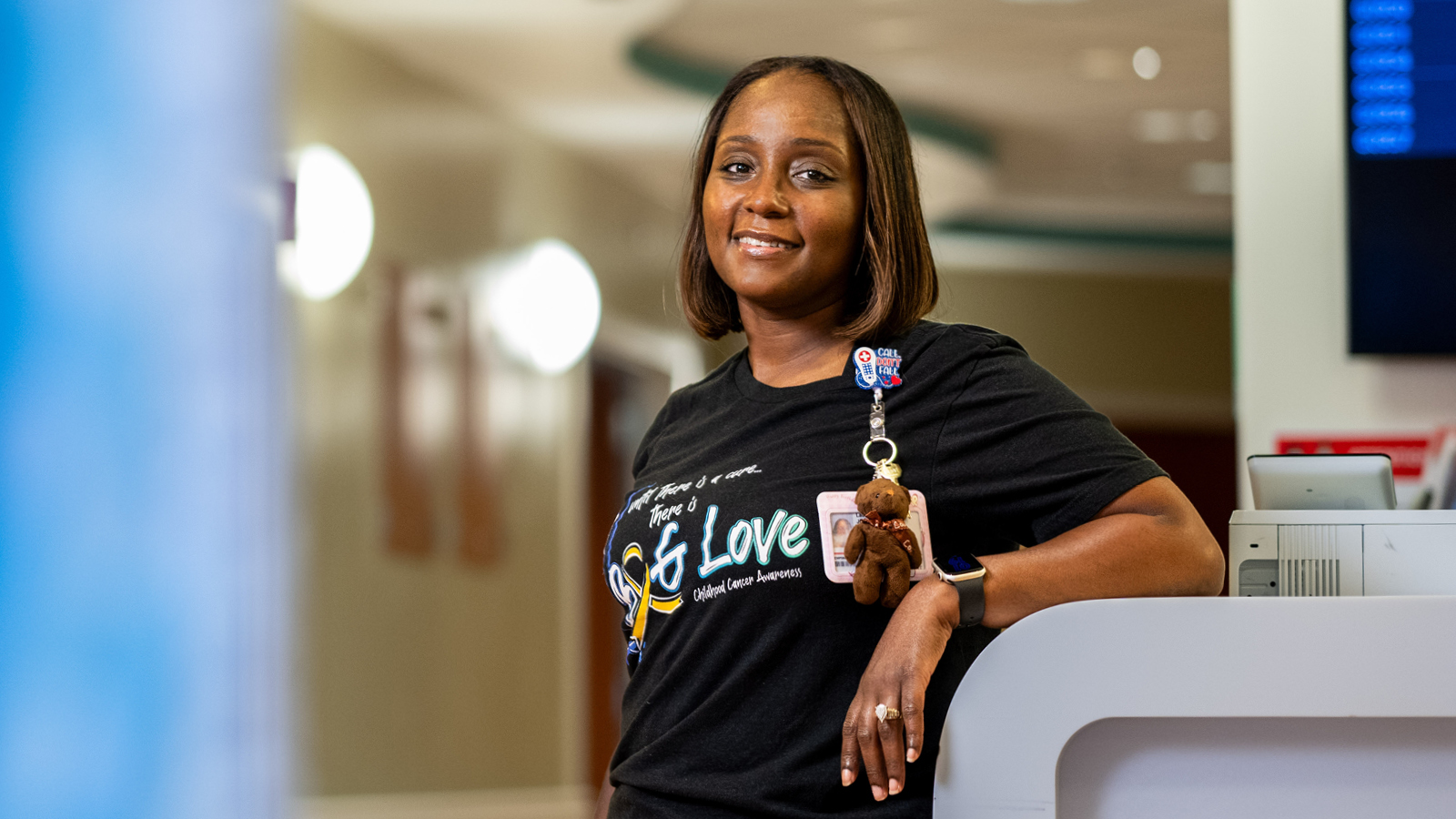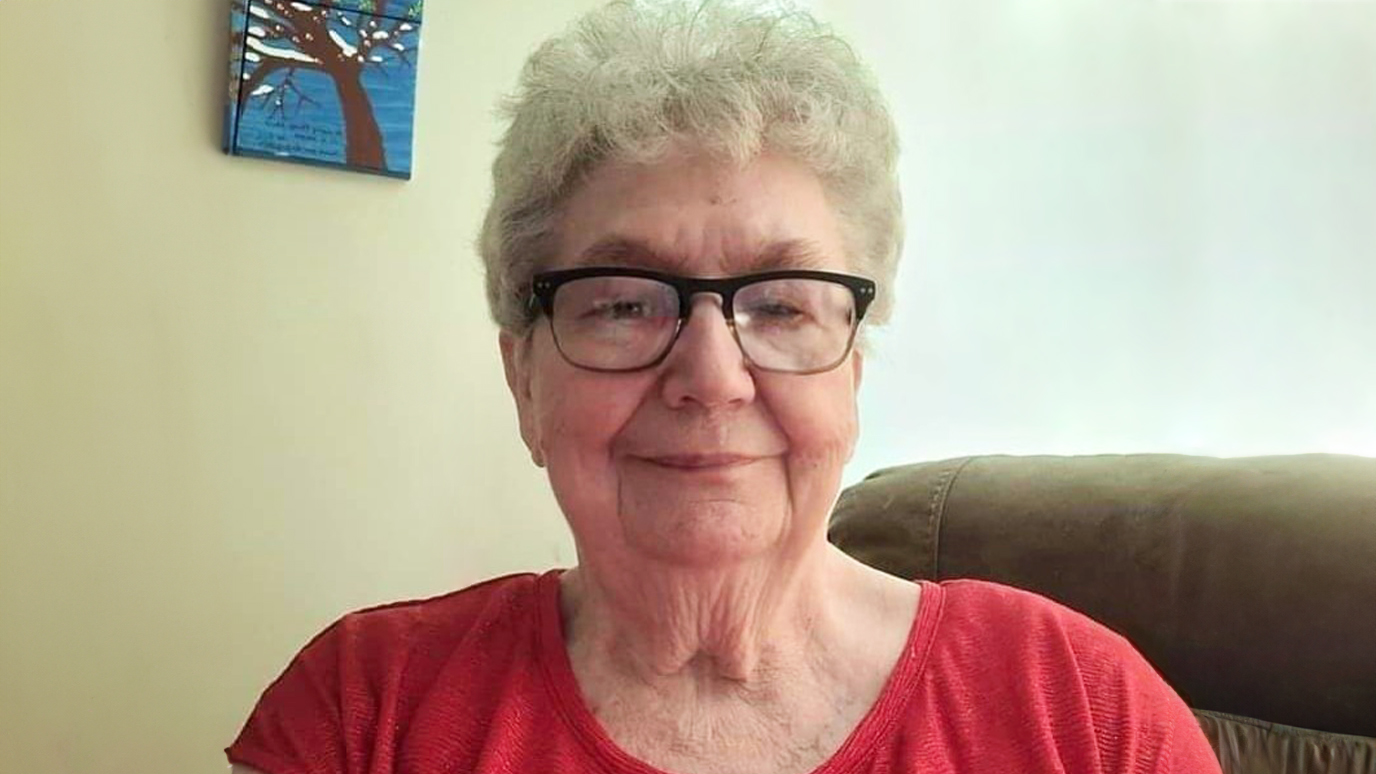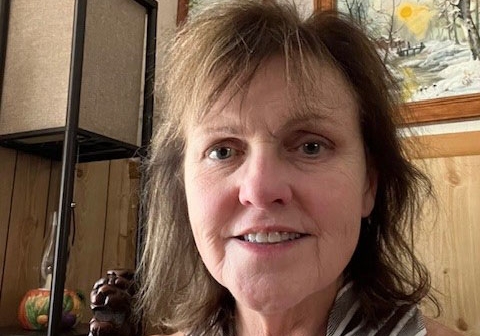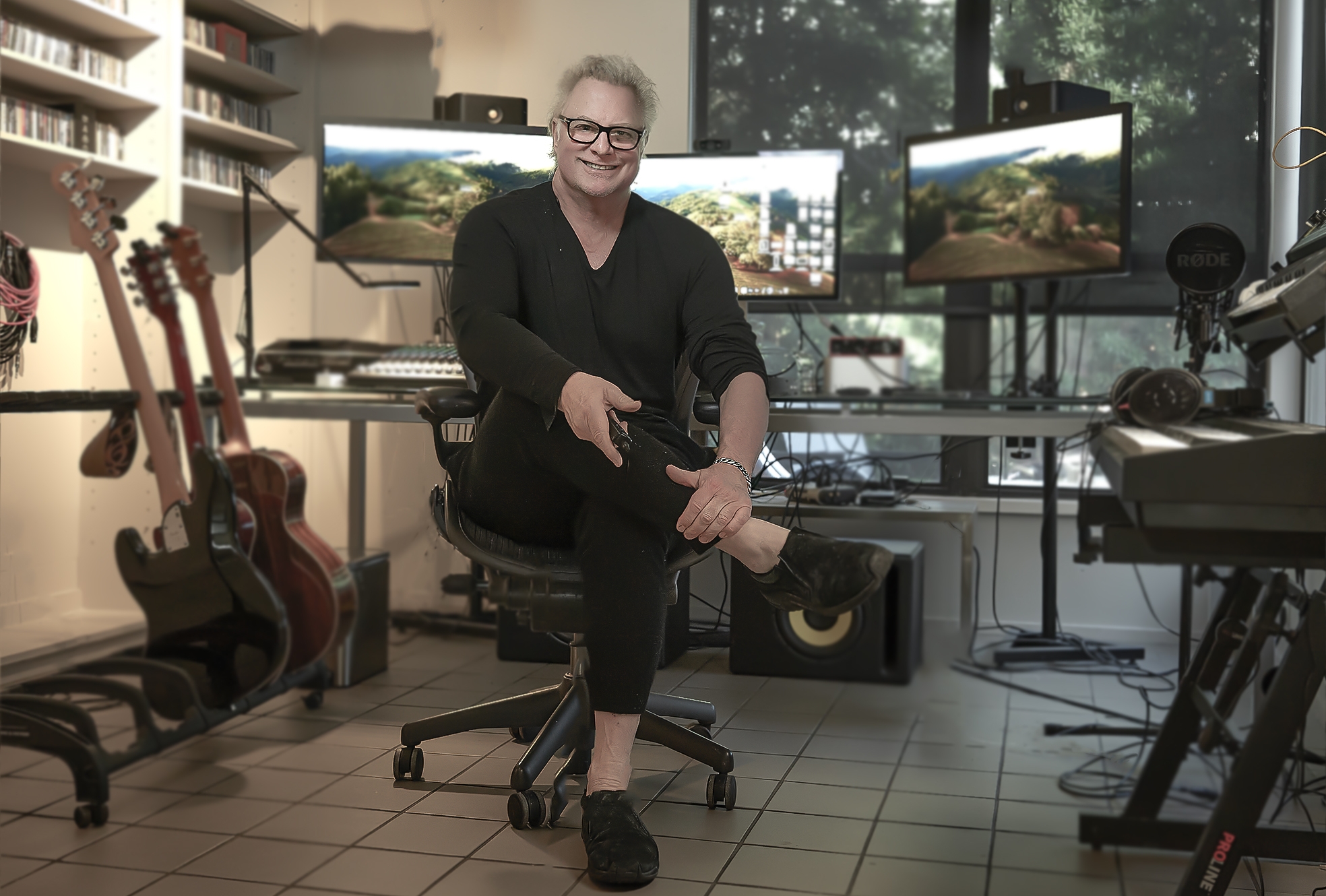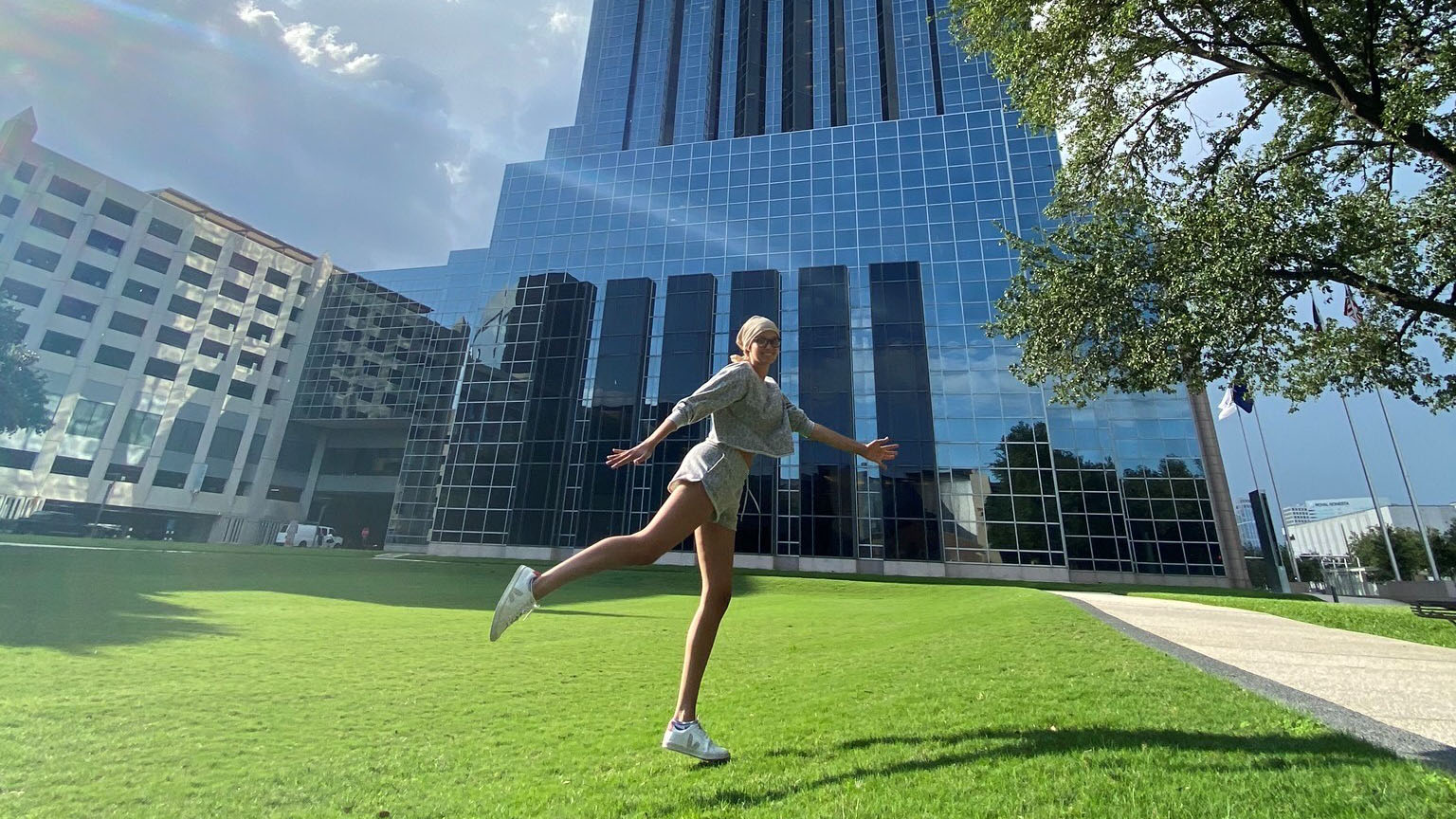- Diseases
- Acoustic Neuroma (14)
- Adrenal Gland Tumor (24)
- Anal Cancer (68)
- Anemia (2)
- Appendix Cancer (16)
- Bile Duct Cancer (26)
- Bladder Cancer (72)
- Brain Metastases (28)
- Brain Tumor (232)
- Breast Cancer (714)
- Breast Implant-Associated Anaplastic Large Cell Lymphoma (2)
- Cancer of Unknown Primary (4)
- Carcinoid Tumor (8)
- Cervical Cancer (158)
- Colon Cancer (166)
- Colorectal Cancer (116)
- Endocrine Tumor (4)
- Esophageal Cancer (44)
- Eye Cancer (36)
- Fallopian Tube Cancer (8)
- Germ Cell Tumor (4)
- Gestational Trophoblastic Disease (2)
- Head and Neck Cancer (12)
- Kidney Cancer (128)
- Leukemia (342)
- Liver Cancer (50)
- Lung Cancer (286)
- Lymphoma (278)
- Mesothelioma (14)
- Metastasis (30)
- Multiple Myeloma (100)
- Myelodysplastic Syndrome (60)
- Myeloproliferative Neoplasm (4)
- Neuroendocrine Tumors (16)
- Oral Cancer (100)
- Ovarian Cancer (172)
- Pancreatic Cancer (160)
- Parathyroid Disease (2)
- Penile Cancer (14)
- Pituitary Tumor (6)
- Prostate Cancer (146)
- Rectal Cancer (58)
- Renal Medullary Carcinoma (6)
- Salivary Gland Cancer (14)
- Sarcoma (238)
- Skin Cancer (296)
- Skull Base Tumors (56)
- Spinal Tumor (12)
- Stomach Cancer (64)
- Testicular Cancer (28)
- Throat Cancer (92)
- Thymoma (6)
- Thyroid Cancer (96)
- Tonsil Cancer (30)
- Uterine Cancer (80)
- Vaginal Cancer (16)
- Vulvar Cancer (20)
- Cancer Topic
- Adolescent and Young Adult Cancer Issues (20)
- Advance Care Planning (10)
- Biostatistics (2)
- Blood Donation (18)
- Bone Health (8)
- COVID-19 (362)
- Cancer Recurrence (120)
- Childhood Cancer Issues (120)
- Clinical Trials (630)
- Complementary Integrative Medicine (22)
- Cytogenetics (2)
- DNA Methylation (4)
- Diagnosis (232)
- Epigenetics (6)
- Fertility (62)
- Follow-up Guidelines (2)
- Health Disparities (14)
- Hereditary Cancer Syndromes (126)
- Immunology (18)
- Li-Fraumeni Syndrome (8)
- Mental Health (116)
- Molecular Diagnostics (8)
- Pain Management (62)
- Palliative Care (8)
- Pathology (10)
- Physical Therapy (18)
- Pregnancy (18)
- Prevention (914)
- Research (392)
- Second Opinion (74)
- Sexuality (16)
- Side Effects (604)
- Sleep Disorders (10)
- Stem Cell Transplantation Cellular Therapy (216)
- Support (402)
- Survivorship (320)
- Symptoms (182)
- Treatment (1786)
Helping my daughter overcome childhood soft tissue sarcoma
BY Jenny Brown
4 minute read | Published July 28, 2022
Medically Reviewed | Last reviewed by an MD Anderson Cancer Center medical professional on July 28, 2022
When my 11-year-old daughter, Averi, fell at school, we didn’t think anything of it. But when the bruise didn’t go away after several weeks, we got it checked out. Her pediatrician said it looked like a bunch of blood vessels because the bruise was right above the muscle. But she wanted to biopsy it to be sure.
On June 17, 2021, Averi’s doctors performed a needle biopsy and removed a mass on her hip half the size of a tennis ball. What was supposed to be a quick surgery ended up changing our lives forever.
After several long weeks of waiting on the pathology results, Averi was diagnosed with an aggressive soft tissue sarcoma. Thankfully, the cancer had not spread to her bones or lungs.
We were devastated. Nothing prepares you for hearing your child has cancer.
But I knew if anyone could overcome this, it would be Averi. Since birth, she has always been a brave and optimistic child.
Family bonding through a childhood cancer diagnosis
For several years, my husband, Derek, our three daughters and I have run a family vlog to share funny skits, silly challenges and fun videos of our adventures. We kept it going during Averi’s cancer treatment to inspire other families.
So, when we wanted to have family shirts made, we came up with the slogan “Team brAVERI.” Derek created the logo because Averi loves sunflowers and rainbows, and she is very brave. Averi is naturally positive; she has an old spirit but is young at heart at the same time. She had moments of sadness from the pain and long days during her treatment, but I remember her telling us: “I feel like it’s better to be happy than mad. It’s not that big of a deal because you can’t do anything about it. You can’t run away from it.”
Undergoing treatment for soft tissue sarcoma Averi underwent five surgeries and 14 rounds of chemotherapy at a nearby hospital, along with five-and-a-half weeks of proton therapy at MD Anderson Proton Therapy Center under the care of radiation oncologist, Mary Frances McAleer, M.D., Ph.D.
After doing our research, we felt better knowing Averi would receive proton therapy because the radiation targets the tumor area while avoiding healthy tissue nearby. We didn’t want her to have growth or fertility issues as she grew up. During chemotherapy, Averi’s appetite remained steady. She has always loved food, watching cooking shows and trying new things. She kept eating throughout chemotherapy treatments as well.
The first week of treatment was the hardest. Averi developed a fever and had an allergic reaction to a platelet transfusion. After a few days in ICU, we got her fever down and she was able to resume treatment.
Toward the end of proton therapy, Averi experienced a sunburn-like reaction from the radiation, and her skin began to peel. We gave her Tylenol before each treatment to help with the pain. She listened to her favorite music during treatment and bonded with her care team. They loved Averi’s spirit. That helped her look forward to treatments.
On Dec. 17, 2021, Averi rang the gong at MD Anderson Proton Therapy Center to celebrate her last proton therapy treatment. It was such an emotional celebration with our family. Several months later, in April 2022, she rang the bell to mark the end of chemotherapy treatments.
It was exhausting and difficult to juggle our schedules with our family of five. But we’ve grown closer from this experience, even on our bad days. Like Derek said at her celebration, “We prayed for guardian angels, and we got guardian angels in scrubs.”
How to get through the hard days
It’s hard to be thrown into cancer treatment as a parent. There are a lot of long days. Our two other daughters, Adyson and Aaliyah, still had school and sports, so we learned to let people help us. Our nurses also made a huge difference. Advanced practice registered nurse Bethany Sphar, nurse Shiji Santhosh and our radiation therapists kept us informed throughout proton therapy treatments. Knowing what to expect and how to help your child manage side effects makes things easier.
Here’s more advice I’ve gained from my own experience caring for Averi:
- Pack snacks. Bringing meals and snacks from home provides comfort and saves money. If other family members are home during meal time, make a point to eat dinner together through video calls.
- Take care of yourself. It’s not selfish to take care of you. Lean on the nurses and doctors. They’re here to help you.
- Let people help. In the beginning, we tried to do everything on our own but quickly learned to take the blessing. Take the meals, gift cards or rides for the other children in your family.
- Let both parents be present. It’s important for both parents to take on the emotions equally. Derek and I took turns being with Averi during treatments and hospital stays. Not only did this give us individual time with Averi; but it also gave us time with our other two daughters at home.
- Network with other families. Connecting with other patients gave Averi a way to talk with other kids her age who understood what she was going through.
After 308 days of treatment, Averi was declared cancer-free. Cancer has taught us how to recognize what’s important and what’s not. We hope that our story brings light to others about the positive side of cancer.
Request an appointment at MD Anderson online or by calling 1-833-670-2647.
Related Cancerwise Stories
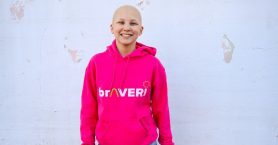
Take each day one at a time.
Jenny Brown
Caregiver

